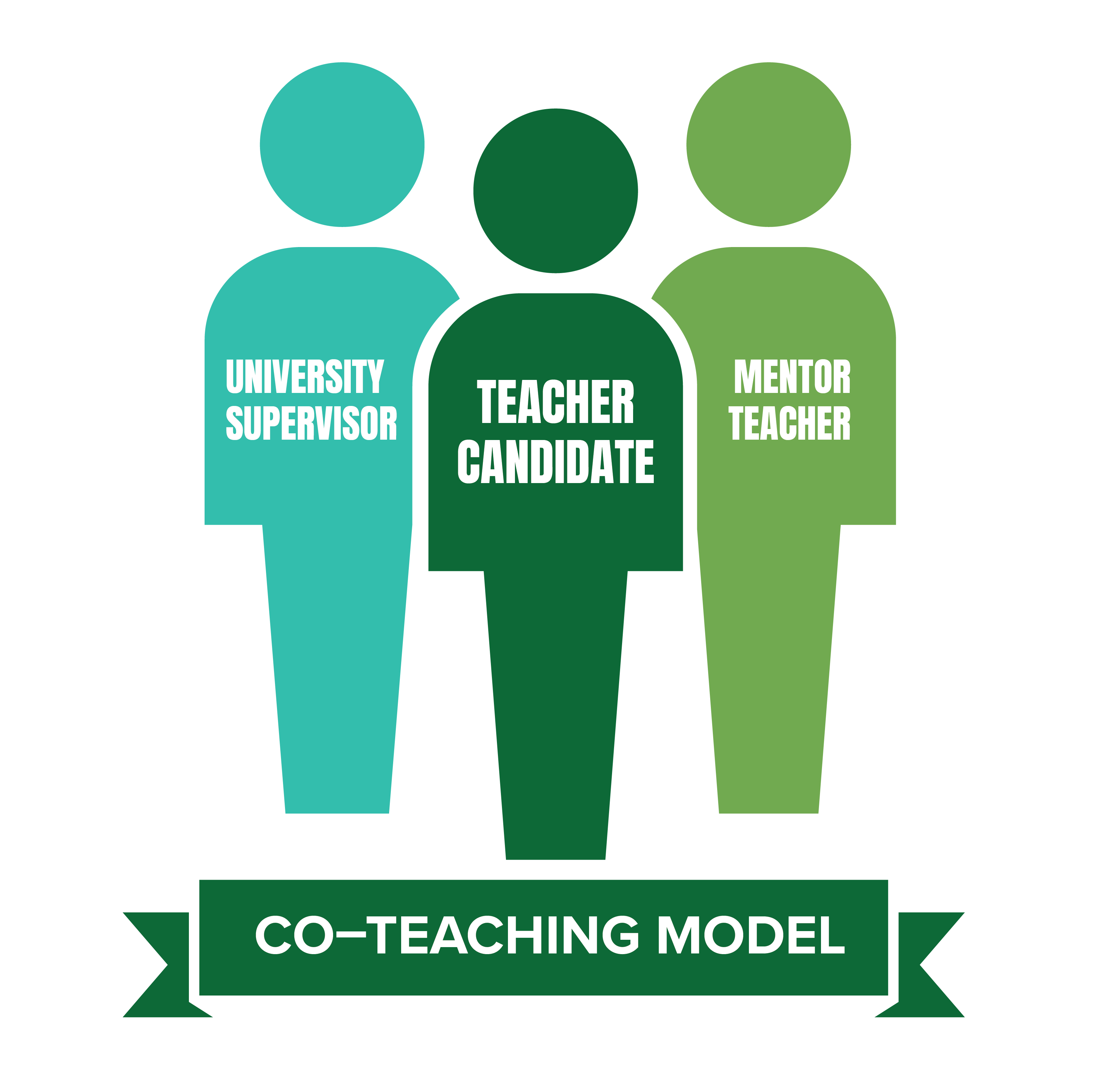secondary education
Become an effective middle and high school educator who understands the challenges of today's classrooms. You will be prepared to teach all content subjects in grades 4 through 12, leading to a license in secondary education. You also have the opportunity to focus your interest on one of nine approved content majors.
UW-Parkside offers you coursework leading to a license in Secondary Education (Grades 4-12). A Secondary Education license enables future teachers to teach specific content in grades 4-12.
You will develop a knowledge base in the content area, including methods for teaching in the content area, participate in co-teaching clinical placements, conduct action research, become familiar with a variety of educational technology, and gain firsthand teaching experience in secondary classrooms. This program maintains separate GPA and admission requirements and requires a background check. This program culminates in a semester-long, full-time, school-based residency experience.
PROGRAM HIGHLIGHT
CO-TEACHING MODEL
The Teacher Education program has adopted a collaborative model called co-teaching to support your development as a future teacher. From the first semester to the last, you, as a teacher candidate, will work with a mentor teacher to support student learning in an area PK-12 classroom. The goal of the co-teaching partnership model is to support you, as a teacher candidate, attain a high level of success during your clinical placements and in your first job.
Teacher Candidates collaborate with school professions and are actively involved and engaged with PK-12 students to improve student outcomes.
Mentor Teachers commit to supporting and developing a teacher candidate’s knowledge, skills, and dispositions about what it means to be both a teacher and a learner.
University Faculty cooperate with both the mentor teacher and teacher candidate through communication and observation to support the co-teaching partnership model.

Frequently Asked Questions
How do the clinical hours work? Teacher candidates (you) work alongside a professional educator (a teacher) to support student learning at area schools. Depending upon your major, you will complete a predetermine number of clinical hours at different developmental or grade levels.
How will I fit clinical hours into my semester schedule? By learning and utilizing time management skills, you will be able to work these hours into your semester schedule. Clinical hour requirements vary per level and licensure area. You must take into account your travel time to and from your placement as well as clinical hour requirement. The teacher education advisor is available to work with you to learn time management skills.
What if I don’t end up liking teaching? Don’t worry! Exploring is very important to help you learn what you like or dislike about any degree program. EDU 100 is a good class to introduce you to the teaching profession. If you decide that teaching isn’t for you, you can work with the teacher education advisor to change your major or continue exploring your options.
CAREER OPPORTUNITIES
Coursework in this program can lead to a license in Secondary Education. Teachers with a secondary license are qualified to work as classroom teachers in a specific content area in grades 4-12. Further education at the graduate level can lead to such careers as school principal, counselor, educational specialist, or instructional program coordinator.
PROGRAM CONTACT INFO
GRNQ 210 | 262-595-2180 | teachereducation@uwp.edu



